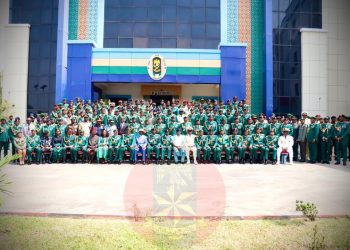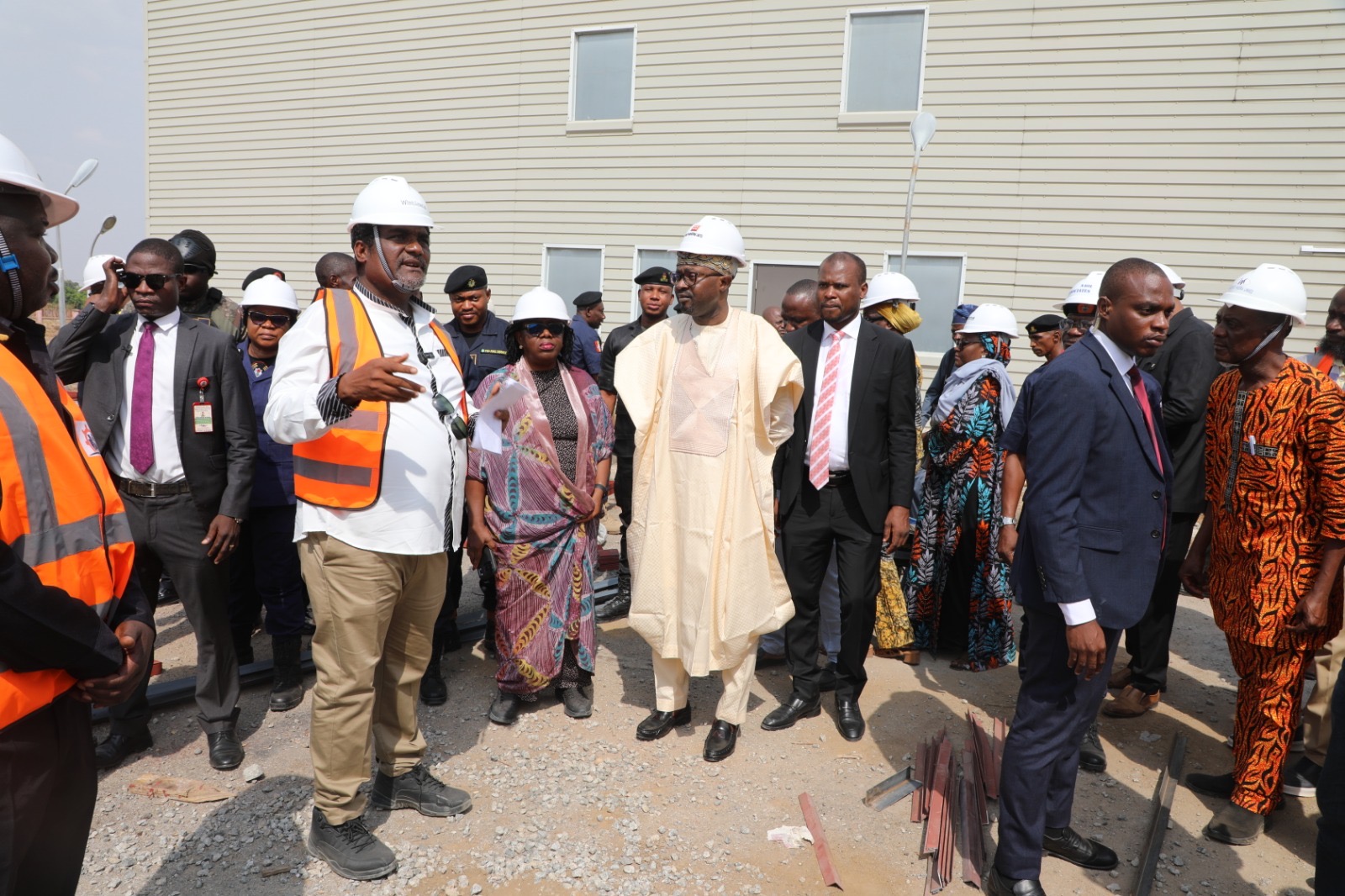By Nkechi Eze
At a time when Africa is grappling with escalating security threats spanning terrorism, violent extremism, maritime crimes, and the growing menace of cyber warfare, the continent’s senior military leadership has signaled a bold shift towards collective action. For three days in Abuja, the Nigerian capital, Africa’s Chiefs of Defence Staff convened for the inaugural African Defence Chiefs Summit, a landmark gathering held under the theme “Combating Contemporary Threats to Regional Peace and Security in Africa: The Role of Strategic Defence Collaboration.” The summit not only underscored the urgency of a united response but also laid a solid foundation for enhanced regional cooperation, integrated security frameworks, and a renewed sense of African ownership in shaping the continent’s peace, stability, and future resilience.
The summit, convened under the leadership of Nigeria’s Chief of Defence Staff, General Christopher Musa, brought together senior defence officials from across Africa who deliberated on some of the continent’s most pressing existential threats. It was the first time Africa’s defence chiefs met under such a dedicated continental platform, underscoring a new resolve to build synergy and chart lasting strategies for regional peace.
Speaking at the closing ceremony on Wednesday, General Musa said the summit reinforced the recognition that “Africa’s collective security relies not on the strength of one nation alone, but on the synergy of collective efforts.” He stressed that the gathering allowed the chiefs not only to deliberate formally but also to connect personally, building bonds essential for trust and cooperation in the field.
“We have recognised that our strongest defence is strategic collaboration. This Summit is a declaration of Africa’s determination to take ownership of its peace, stability, and future. We explored key areas, including defence collaboration, intelligence sharing, joint training, investing in indigenous technologies, and youth engagement,” Musa declared.
The summit’s plenary sessions tackled wide-ranging issues, from the dangers of porous borders that fuel terrorism, trafficking, and armed banditry, to the need for integrated security frameworks that cut across national boundaries. Musa explained that the participants stressed the urgency of improving border management and advancing regional cooperation as a bulwark against violent groups.
“It was evident that sharing intelligence, conducting joint operations and coordinating counter-radicalization efforts remain non-negotiable, as terrorism anywhere on our continent is a threat to peace everywhere in Africa,” the CDS warned.
Beyond conventional threats, discussions also explored the role of technology and innovation in modern warfare. Musa revealed that defence chiefs examined how artificial intelligence and emerging technologies could be harnessed to strengthen early warning systems, sharpen institutional awareness, and disrupt hostile networks before they inflict damage.
Equally, the chiefs underscored the need to develop Africa’s own defence capabilities, including boosting local industries through public-private partnerships. According to Musa, this approach will not only ensure self-reliance but also reduce dependence on external suppliers for critical defence hardware.
“This summit has shown us that Africa’s future lies in investing in indigenous industries, leveraging partnerships, and building capacity that reflects our unique security needs,” Musa noted.
The communiqué of the summit, which is expected to guide future collaborations, highlighted commitments to intelligence sharing, coordinated operations, improved maritime security, joint training of troops, and stronger counter-terrorism initiatives. The CDS expressed optimism that the adoption of the communiqué would prompt immediate and proactive steps to elevate Africa’s collective security architecture.
“I urge us all not to let these rich discussions remain within these conference halls. Let us effectively translate our recommendations into policies, strategies and joint actions. Let this summit be a turning point for decisive and collective actions as we plan towards the next summit,” Musa said.
General Musa also used the occasion to announce the signing of a Memorandum of Understanding for the International Defence Exhibition (AFRIDEX) 2026, which will be hosted in Lagos, Nigeria. The exhibition he explained, will bring together global leaders, defence industries, and policymakers to showcase cutting-edge technologies and solutions tailored for Africa’s needs.
In his final remarks, General Musa extended gratitude to President Bola Ahmed Tinubu, Commander-in-Chief of the Armed Forces of Nigeria, for his unwavering support in hosting the historic summit, as well as to presidents and governments whose approvals made the participation of their defence chiefs possible. He also commended the Nigerian Minister of Defence, the central organizing committee, international partners, and the gallant officers and men who worked tirelessly to deliver a seamless and impactful summit.
“To my fellow Chiefs of Defence Staff across Africa, I appreciate your active participation, honesty, and commitment to the cause of African unity,” he said. “The bonds strengthened here have reaffirmed the spirit of African solidarity and resilience. Our borders may divide us, but our destiny binds us. A secure Africa is a prosperous Africa, and a prosperous Africa is a beacon to the world.”
With terrorism, piracy, cybercrime, and internal conflicts continuing to test Africa’s resilience, the Abuja summit has signalled a new dawn of cooperation among the continent’s defence leaders. Observers say its outcomes, if sustained, could reshape Africa’s security landscape and give fresh impetus to the vision of a stable, united, and prosperous continent.
















